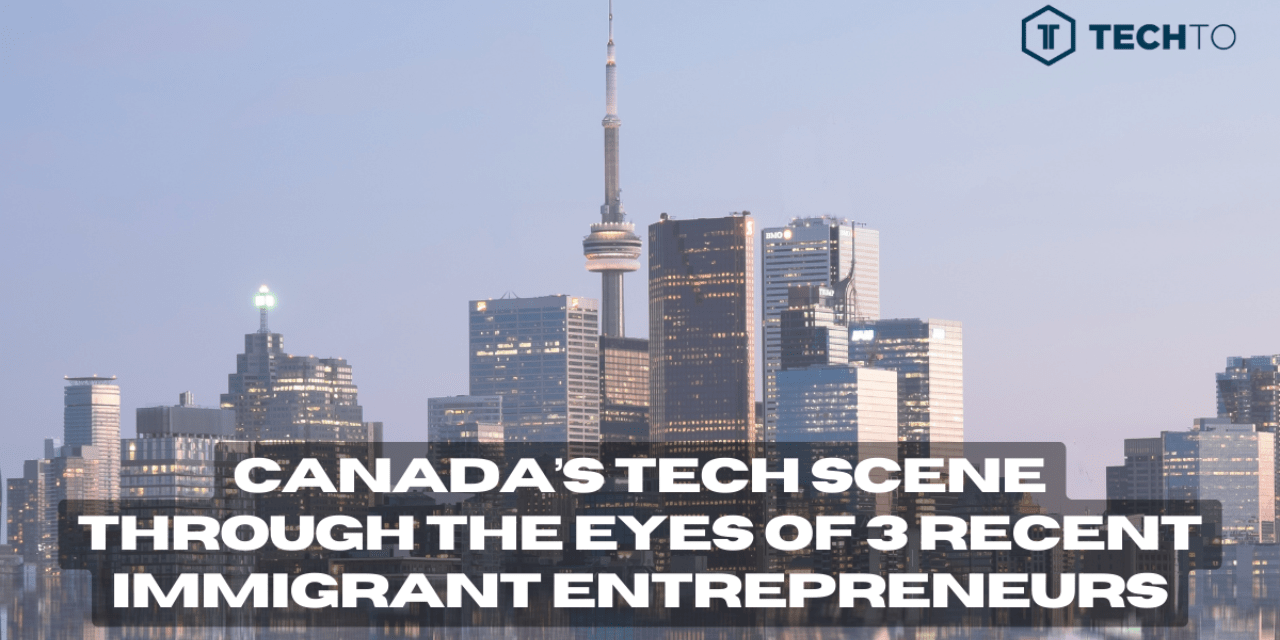When Rob Kim was faced with reducing half the staff of Ritual, the social ordering app, in the face of COVID-19, his guiding principle was that it was a goodbye rather than a termination.
The prospect of cuts at any size, at any time, are difficult, and there is no doubt they have been made exponentially more challenging by the current economic state of affairs across Canada and around the world. Still, the reduction of staff is a reality many Canadian tech companies are now facing, and there are ways to approach layoffs with care and consideration.
As OneEleven member companies work to navigate the current crisis, we invited Rob Kim to share Ritual’s approach with our Founders, as part of our ongoing efforts to help support strong companies and leaders.
On a detailed, human Zoom call with our members, Kim’s advice was that messaging needs to be clear. If layoffs are necessary, be direct about the global economic situation in the wake of Covid and how it has affected the sector and the business, but be human and humble in doing so. Kim mentioned most employees affected understood the unprecedented situation, but knowing what the company had done to try and mitigate the layoffs was a common question that came up. We are all sharing a common crisis, but being thrown into a professional one is scary, so being honest about specific challenges a company is facing helps in showing that careful thought was given to the decision if it had to be made.
Ritual, the social ordering app co-founded by Ray Reddy in 2014, has been a Toronto startup success story since its launch. Reddy, who was working out of Google’s Mountain View headquarters after successfully selling them his first startup, returned to Toronto to launch the company. Pre-Covid, Ritual was operating out of 50 countries with nearly 400 employees, and had raised $143 million in funding.
As the pandemic shuttered restaurants and cafes on which Ritual’s user base relied, the company’s VP of Finance modelled up to 150 different scenarios to try and map out the next six to nine months, Kim said. Ultimately, each department was given a budget target that needed to be met, balancing the priority of keeping the remaining team productive and engaged and protecting operational capacity for a return to business post-social distancing.
Kim and his core team also created a massive FAQ document that could be utilized by managers making the layoffs. Because Ritual’s reduction in force was across so many different countries, considerations like differing labour laws and insurance practices were included. For example, employees laid off in the U.S., the only one of Ritual’s current markets without universal healthcare, were given additional insurance coverage.
Keeping things human also meant acknowledging the personal relationships between coworkers and teams that had developed across the company. Work, especially in a time where most workplaces have gone exclusively remote, provides a touchpoint for many in anxious times. Kim and his executive team made the choice to leave some areas of communication open, allowing team members to stay connected through the process.
Ritual has a Hong Kong office and Kim acknowledged that much of the company’s planning for its restructuring started in February, when the situation was first developing there, but he echoed again how paramount it was to have a plan that could be shown to employees. That plan can be inclusive of what happens when it’s safe to go to work again, or slowly restart the economy in a more traditional iteration. Ritual’s Talent Manager is now undertaking reverse recruiting, assisting those who have been let go in looking for other positions by working with recruiters at other companies, or assisting in workshopping CVs where requested.
For Kim, the hardest part was the morning of the reduction, and talking his staff through it. He said that “faces showed up” in his head as he made the announcement because he knew, personally in many cases, those who would be affected. He was heartened by the efforts of managers who gathered those leaving and those who stayed for impromptu Zoom calls to say goodbyes and share memories. The human element he so much wanted to maintain was there, even in the toughest moments.
For OneEleven, it is these shared lessons and learnings that benefit member companies who work side by side within the space. As companies grow, they can leverage one another’s expertise and experience to make strong moves and avoid common mistakes.
“Part of our role at OneEleven is to make sure our founders have access to examples of strong, compassionate and strategic leadership, to help guide their own decision making,” said Executive Director Siri Agrell. “This is a difficult time for every business leader but I truly believe that those who think about how to mitigate the immediate impacts on the real people affected by these changes are the ones who will demonstrate their capacity for long term success.”
Focus on People: How Ritual Handled Its Large-Scale Staff Reductions
April 21, 2020

Sign up to The Upskiller.
OneEleven is home to Toronto’s most promising technology companies. Stay up to date on who’s joining, who’s raising, who’s making moves and everything that matters in a city and sector that’s built to scale.
Sign up for our newsletter
2023 COPYRIGHT AND TRADEMARK. ONEELEVEN IS AN INITIATIVE LED BY THE ONTARIO CENTRE OF INNOVATION. SUBSIDIARIES AND AFFILIATES. ALL INTELLECTUAL PROPERTY RIGHTS RESERVED.


